At the height of the global pandemic, as Dubai faced an exodus of expatriates and mounting competition from neighboring business hubs, the government opened up. That decision is now helping the city dodge the commercial real estate crisis rippling across the globe.
The United Arab Emirates — of which Dubai is a part — started to break away from a decades-old economic model that prevails across the oil-rich region, linking residency to employment. Officials widened the eligibility net for long-term ‘golden’ visas, abolished a requirement for companies to have a majority local partner, switched to a Monday-Friday working week and made it legal for unmarried couples to live together.
Policymakers wanted to help Dubai shed its reputation of being a transient city by attracting expatriates and encouraging some of them to set up businesses. That seems to have paid off.
In response to questions from Bloomberg, authorities released data for last year, revealing the scale of the turnaround. The city had 411,802 active business licenses in 2023. That’s a 30% jump from 2022 levels and a 75% increase from 2021.
Earlier this month, Dubai International Financial Centre said the number of entities registered there rose 26% in 2023 from a year earlier to over 5,500. The free-zone now employs about 41,600 people — a 15% increase.
The impact is most evident in the emirate’s commercial real estate market. Occupancy is at record highs in contrast to slumping demand in other cities including London and New York. In Dubai’s financial district, known as DIFC, office space is scarce and rents are still rising.
The business hub’s most prominent tower is up for sale, and could be valued at as much as $1.5 billion. That property in DIFC is among Brookfield’s best performing assets globally at a time when other assets — including in Los Angeles and London’s Canary Wharf — have been hit by falling occupancy.
The impact is most evident in the emirate’s commercial real estate market. Occupancy is at record highs in contrast to slumping demand in other cities including London and New York. In Dubai’s financial district, known as DIFC, office space is scarce and rents are still rising.
The business hub’s most prominent tower is up for sale, and could be valued at as much as $1.5 billion. That property in DIFC is among Brookfield’s best performing assets globally at a time when other assets — including in Los Angeles and London’s Canary Wharf — have been hit by falling occupancy.




0 Comments